| Course
Duration |
: Decision
Making and Business Analytics in Practice |
| Course
Duration |
: 2 Day
Workshop Face-to-Face Instructor-led Workshop
- Classroom |
| Course Fee |
: Available
upon request (Write to us at info@tlcpak.com) |
| Course
Location |
: TLC
(Karachi), Customer Onsite and Online |
| Course Code |
: TN211 |
| Deliverables |
:
Comprehensive Student Guide and Workshop
Certificate |
Customer onsite
workshop can also be conducted for customers in
Lahore, and Islamabad
ABOUT THIS
WORKSHOP:
Interested in
increasing your knowledge of the Big Data Analytics
landscape? This course is for those who want expand
their knowledge in the field of Big Data Analytics
and the problems restricting them in developing
their Big Data Analytics strategies. It is for those
who want to become conversant with the terminology
and the core concepts behind big data and analytics,
applications, and systems. It is for those who want
to start thinking about how Big Data Analytics can
help their business to grow. It provides an
introduction to one of the most common frameworks,
Hadoop, that has made big data analysis easier and
more accessible, increasing the potential for data
to transform our world.
To improve the
efficiency of the entire business, you need to take
the emotion out of strategic decision-making and let
data do the talking.
Explore a
decision-making model and its process which
individuals can follow or imitate to ensure they
make the best choice among various options enabling
them to design a solution by providing guidelines to
help businesses reach a beneficial conclusion.
WORKSHOP
OBJECTIVES:
At the end of this course, you will be
able to:
- Describe the Big Data landscape
including examples of real world big data
problems including the three key sources of Big
Data: people, organizations, and sensors.
- Explain the V’s of Big Data (volume,
velocity, variety, veracity, valence, and value)
and why each impacts data collection,
monitoring, storage, analysis and reporting.
- Get value out of Big Data by using a
7-step process to structure your analysis.
- Identify what are and what are not big
data problems and be able to recast big data
problems as data science questions.
- Provide an explanation of the
architectural components and programming models
used for salable big data analysis.
- Summarize the features and value of
core Hadoop stack components.
- This course can also be attended who
are new to data science and want to expand their
knowledge in the field of Big Data Analytics and
want to see Big Data Analytics in Practice..
PREREQUISITES:
Participants
attending this course should be familiar with basic
Information Technology (IT) concepts and the role of
general system wide infrastructure technologies and
their applications. In short, you should be from a
business or technical background to take up this
course. No other specific prerequisite is required.
BY THE
END OF THIS WORKSHOP:
- The future of
your business depends on the data and analytics
capabilities you build and scale.
- Critical components of
Big Data and the role of IoT in Big Data, and
Business Analytics.
- Elaborating
Cognitive Computing Framework.
- Categorization
of Analytical Methods and Models.
- Leveraging
data shall enable organizations to take full
control of their business by understanding the
past, the present, predicting and prescribing the
future.
TARGET
AUDIENCE:
- Customers who want to build their
knowledge in the space of Big Data Analytics and
want to understand how to smartly tackle the
challenges associated to decision making
process.
- CIO, CDO, CTO, Business and Technology
Leaders, Data Analytics and Data Science
personals, Data, Data Warehouse Engineers,
Enterprise Architects, Project Managers, and all
who want to equipped themselves with the
foundational knowledge in the field of Big Data
Analytics.
- IT Consultants and Systems Integrator
s, Presales Technical individuals, and fresh
graduates who want to start their career in the
field of Big Data, Data Science, and Data
Analytics.
ABOUT THE
INSTRUCTOR
Training
will be delivered by an experienced trainer with 25+
years of career experience imparting education and
training services both locally and internationally
and have served international enterprise technology
vendors including IBM, Fujitsu, and ICL.
Our
instructor holds various industry professional
certifications in the space of enterprise servers
and storage technologies, Information Security,
Enterprise Architecture, Blockchain, ITIL, Cloud,
Virtualization, Green IT, and a co-author of 10
IBM Redbooks and have designed and developed 70
plus courses based on storage, information
security, cybersecurity, enterprise architecture,
Blockchain, Open Banking Framework and digital
technologies stacks.
The training
course flow will be a mix of lectures &
classroom discussions so that participants can have
a detailed understanding of various components of
technologies causing digital disruption.
COURSE
OUTLINE
Unit 1: Introduction
to Big Data Technologies
- Exponential
Components of Data Growth –Some key
facts and figures.
- Understand
how Technology is already being used.
- A
new style of emerging IT and Key
contributors to Big Data.
- Platform
Sprawl -What is it?
- Understanding
Big Data and data exploration.
- What
does a Big Data platform do?
- Types
of Data Sources with in Data Center.
- Understanding
the types of Big Data.
- Understanding
Big Data 3Vs.
- Analytics
Breadth to Enable Decisions.
- Describe
Hadoop.
- Understanding
System of Records, Systems of
Engagements, and Systems of
Interactions.
- Harnessing
Big Data & Big Data Challenges.
- High
value Big Data Use Cases.
- Big
Data as a Service Market and Key market
Players.
- Unit
1 Assessment.
Unit 2: The Role of
IoT in Big Data Analytics
- What
is Internet of Thing & Major
components of IoT.
- How
are IoT and Big Data together beneficial
for Organizations?
- How
IOT Works and example of an IoT system.
- What
are Sensor Based Data Acquisition
Systems?
- Understanding
IoT Hub and IoT Gateway.
- Internet
of Things –Hardware & Software.
- Basic
Architecture of Internet of Things.
- IoT
–Embedded Operating System and Supported
Platforms.
- IoT
in Banking – Enabling Banks’ Digital
Future.
- IoT
Use Cases – Shaping Banks’ Digital
Future.
- IoT
is the current wave of the Internet -
Internet of Banking.
- M2M
Vs IoT –A Smart Comparison
- IoT
disadvantages that you should know.
- IoT
Market –Sizing the opportunity.
- Emerging
Standards supporting IoT.
- Standard
IoT Devices & Simple view of the
IoT.
- IoT
Device Management and Use Cases.
- IoT
Applications.
- Why
most IoT projects are unsuccessful.
- Unit
2 Assessment.
 |
Unit 3: Exploiting the
Role of Analytics in Business
- Differentiating
between analytics & business
analytics.
- Understanding
Data Mining.
- Eight
main components of a typical Business
Analytics dashboard.
- Business
Analytics vs Data Analytics.
- Information
Discovery and Visualization Environment.
- Types
of Analytics and why analytics matter.
- Analytics
mapping to the business applications.
- Elaborating
Cognitive Computing and Cognitive
Computing Framework.
- Characteristics
of good Decision Making – Decision
Intelligence Model.
- Five
Key Actions for IT and Business Leaders
for Better Decisions.
- A
Categorization of Analytical Methods
& Models.
- How
Analytics is used to enable decisions.
- key
benefits offered by Analytics.
- Key
areas that organizations wants
optimizing through analytics.
- Why
is Big Data and Analytics are important?
- Exploitation
through the use of Big Data and
Analytics that should be avoided.
- The
Analytical Life Cycle.
- Use
cases for big data analytics.
- How
can we make sense of Big Data and
Analytics –The Data Science Process.
- About
the "R" Programming Language.
- Unit
3 Assessment.
Unit 4: Decision
Making and Business Analytics in Practice
- The
importance of Dark Data in Big Data.
- The
use of analytical methods in business
applications.
- Decision
Making –The High-level and Analytical
process.
- Exploring
the types of Decision Making.
- Business
Analytics Defined.
- The
use of analytical methods in business
applications.
- The
Spectrum of Business Analytics.
- Decision-making
methodologies.
- Describe
Decision Management.
- Business
Analytics in Practice: Financial
Analytics, Human Resource Analytics,
Marketing Analytics, Health Care
Analytics, Supply Chain Analytics,
Analytics for Government, and Web
Analytics.
- Big
Data and Analytics Platform –The Big
Picture.
- Using
Analytics for better Decision-Making
–Use Cases.
- The
10 Best Data Analytics and BI
Platforms/Tools in 2020.
- Unit
4 Assessment.
|
|
|
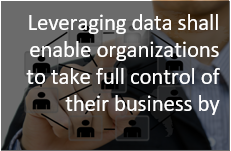  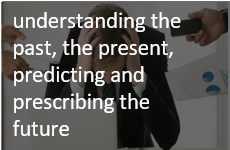    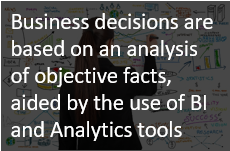  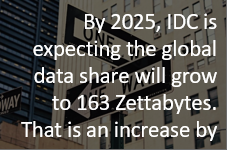  

|







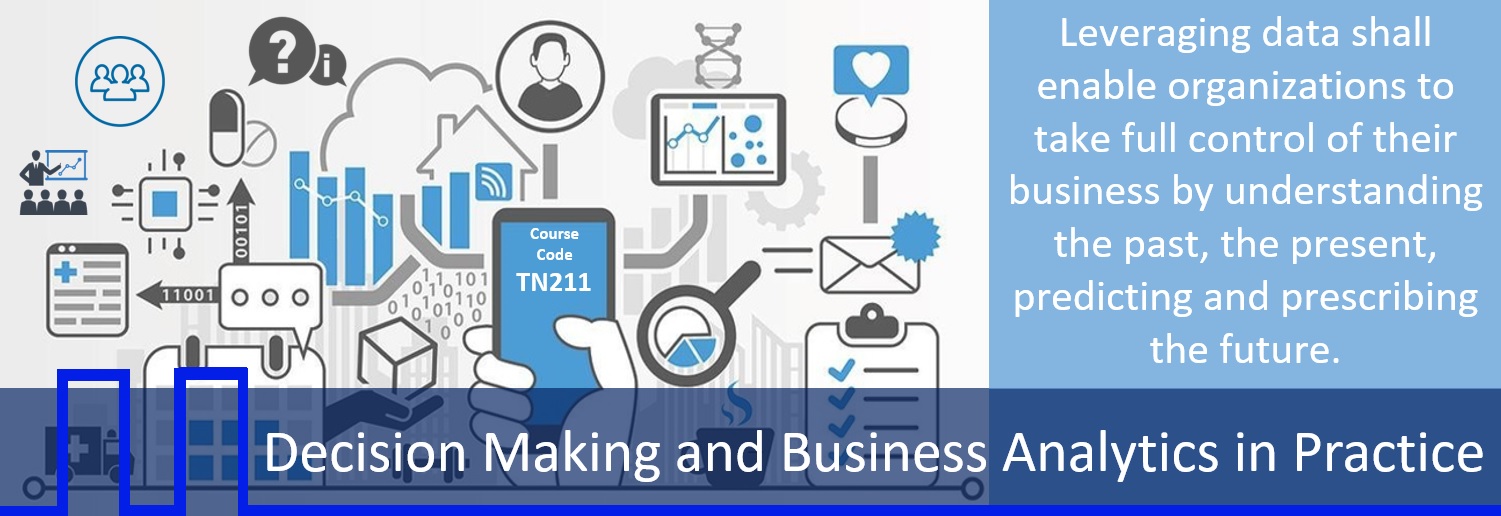




























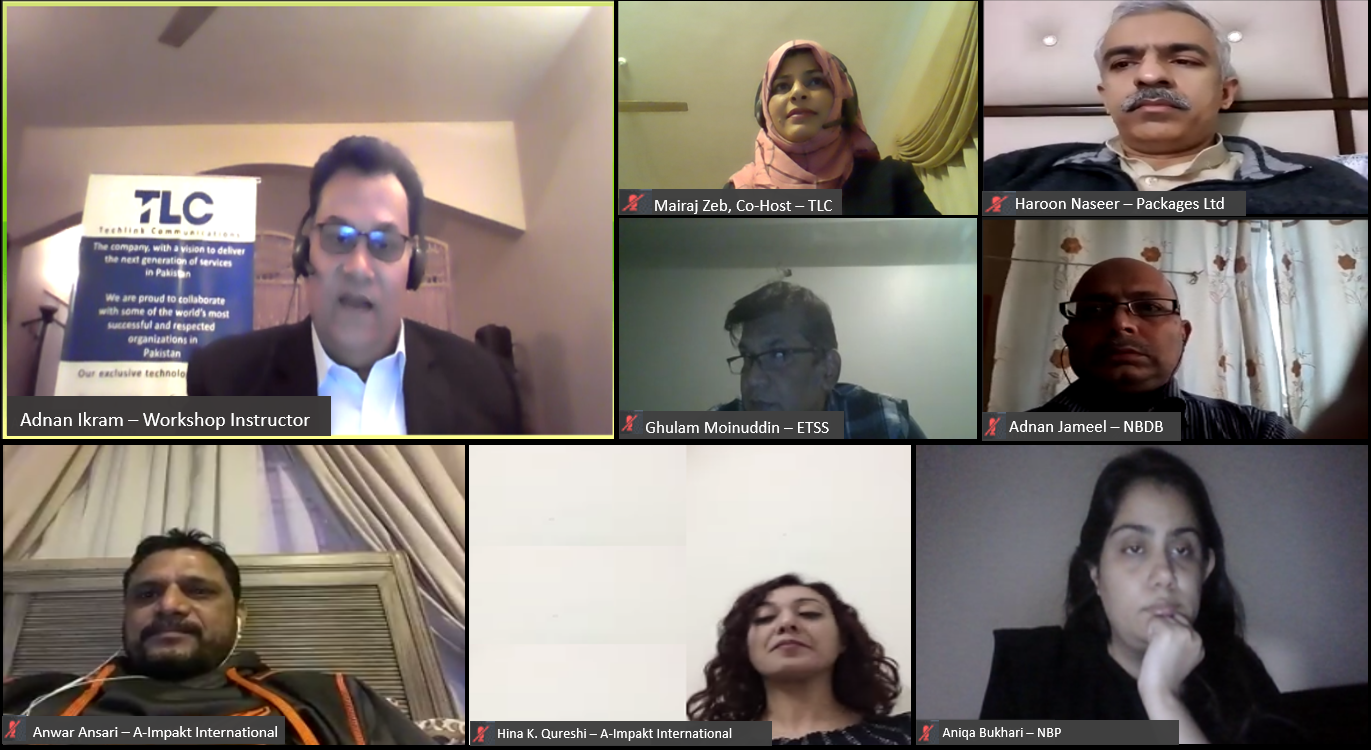
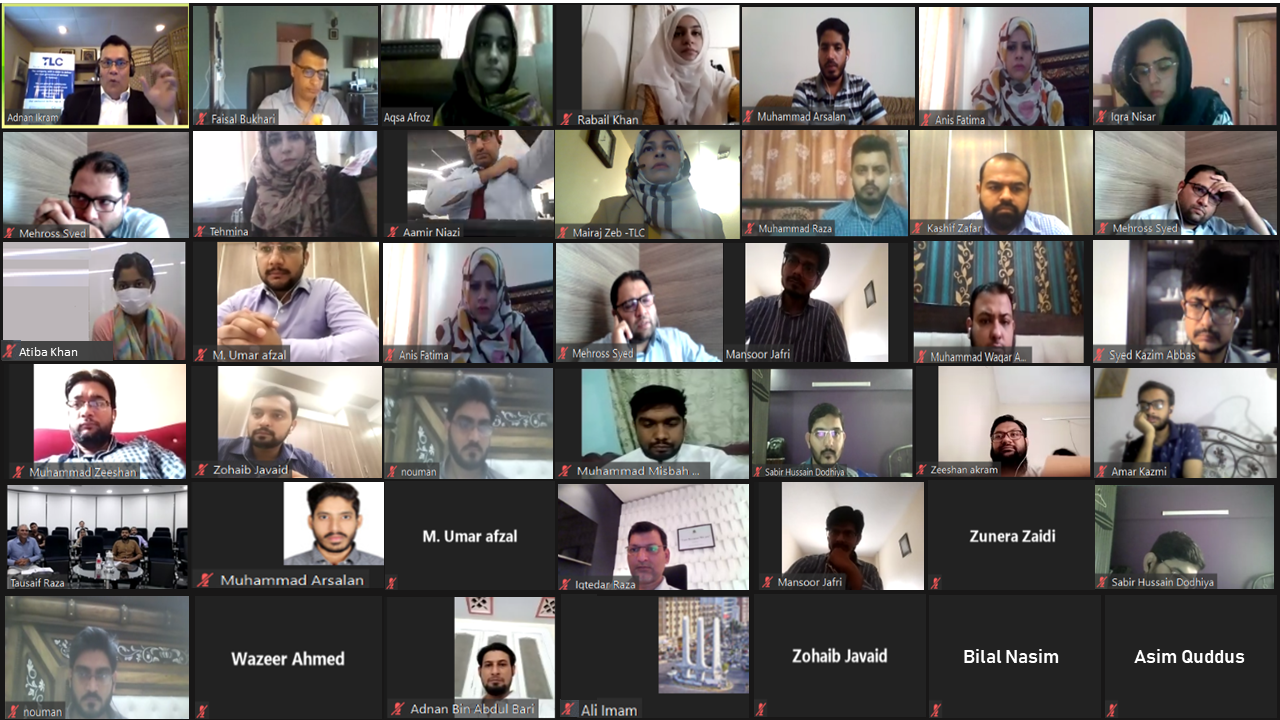
%20-%20October%2027%20-%2028,%202021.png)
%20-%20February%2022%20-%2023,%202022.png)
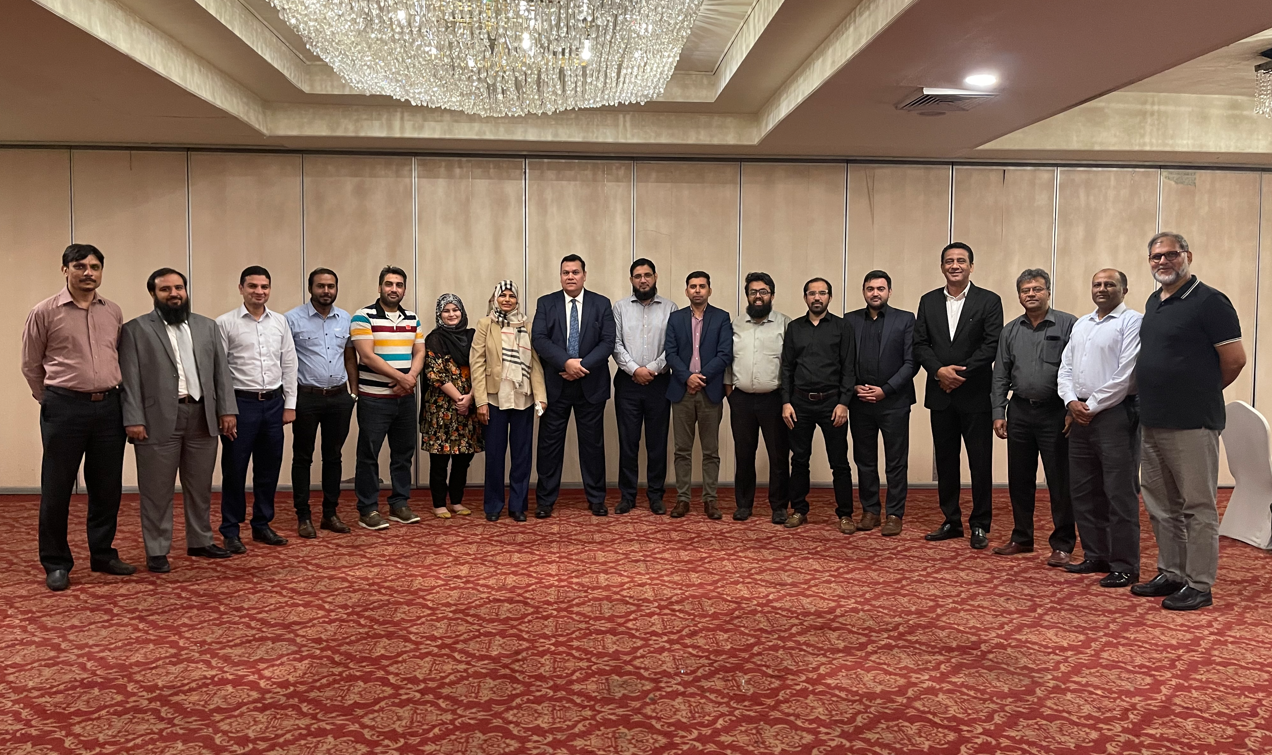
%20-%20September%2013%20-14,%202023.png)






